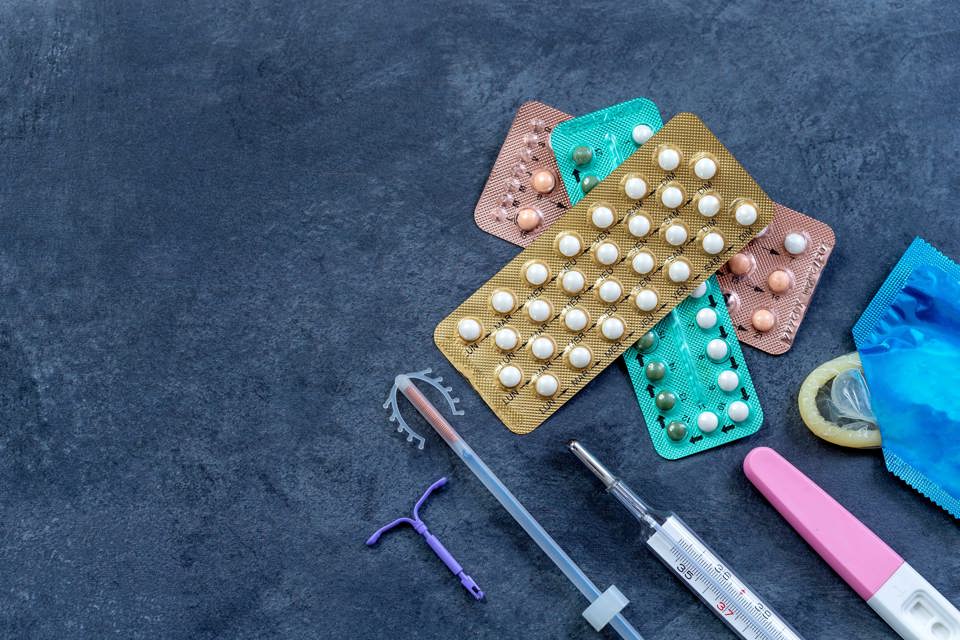Blood glucose control
You should check your blood glucose levels first thing in the morning and at 1 hour after each meal. (4 readings per day). At the clinic, we will review these levels and/or any readings from CGM (continuous glucose monitors) eg. Dexcom; Flash monitors eg Libre or Home blood glucose monitoring (HBGM). The Blood glucose levels are tighter in pregnancy.
Ideally these should be:
- Fasting (pre-breakfast): less than 5.5 mmol/l
- 1 hour after meals: less than 8.0 mmol/l
We will also check your HbA1c level at booking and in each trimester of the pregnancy. The lower your HbA1c, the lower your risk of complications (ideally <53).
You will get help and support from dietitians, specialist nurses and doctors to help you. If your glucose control has been above target, bringing your blood glucose down will reduce the risks of complications for you and your baby during the pregnancy. It is common for your insulin requirement to increase during the second and third trimesters. We will help you to adjust your insulin yourself when needed.
It may become more difficult for you to recognise your hypo symptoms in early pregnancy. Usual hypo treatment is 15g of rapid acting carbohydrate such as 3 jelly babies, 4 glucotabs or 5 dextrosol tablets or 150mls of Coke or Lucozade. Although alarms on CGM and Flash should help prevent severe hypoglycaemia, you should have access to a glucagon pen, which you partner or family can use if you have an episode of severe hypoglycaemia.
If you have Type 1 diabetes, you should have access to ketone testing strips to check your ketone levels at home. Always check your ketones if your blood glucose is more than 10 mmol/l or if you are unwell regardless of your blood glucose reading.

Other medications
Folic acid
It is important to take high dose folic acid in the first 12 weeks of pregnancy (and ideally 3 months before pregnancy). This reduces the risk of your baby having developmental abnormalities in spine and brain.. You should take high dose i.e 5mg folic acid daily.
You will be advised to take daily aspirin 150mg from 12 weeks pregnant, as this reduces your risk of developing pre-eclampsia during the pregnancy.
Changes to other medications – if you are on metformin tablets, you can continue these in pregnancy, however other tablets for diabetes will need to be changed to insulin while you are pregnant. If you are on treatment for high blood pressure, your medication may need to be changed in pregnancy. Also, if you take tablets to lower cholesterol, you will need to stop taking them. These will be addressed by your diabetic doctor in the early pregnancy clinic or Obstetrician.
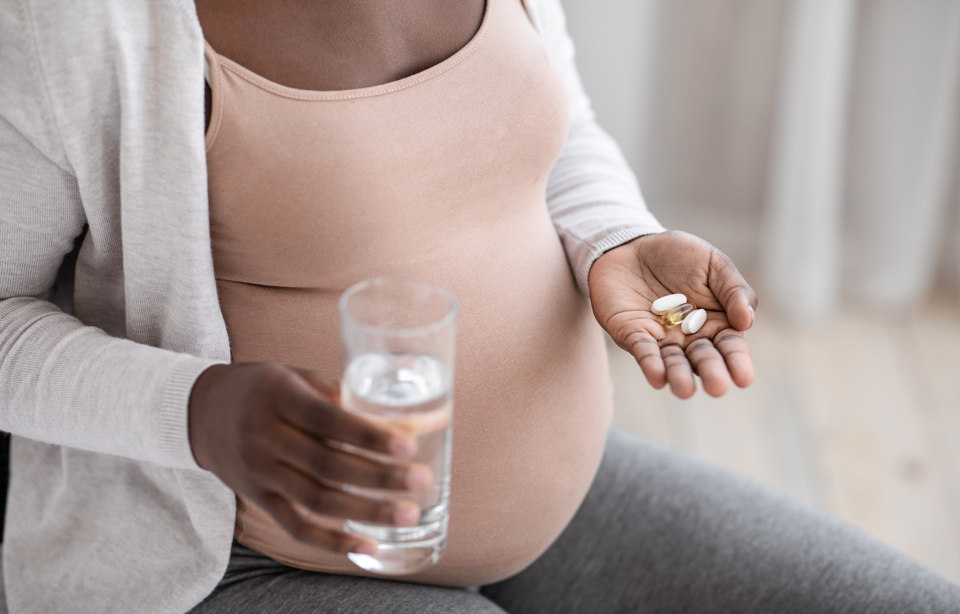
Screening
Eye screening
You should have a digital eye photograph shortly after your first antenatal clinic visit. Your eyes will be checked again at 24 weeks and then again at 34 weeks.
Kidney tests
We will check your urine for protein at each visit to clinic. We will also take blood tests to measure your kidney function at the start of pregnancy and each trimester thereafter.
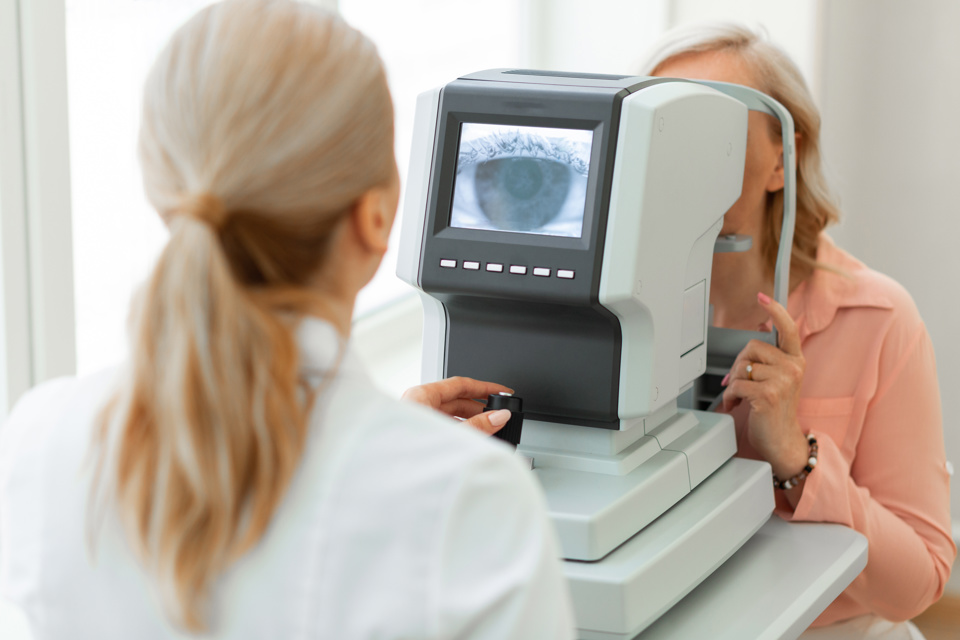
Checking your baby’s development in the womb
You will have a detailed scan to check that your baby’s heart, spine and other organs are developing normally at around 20 weeks gestation. This cannot pick up all problems but if there are any issues identified you will be referred to the Fetal Medicine team.
We will monitor your baby’s growth at around 28, 32 and 36 weeks during the pregnancy, with other scans arranged if necessary.
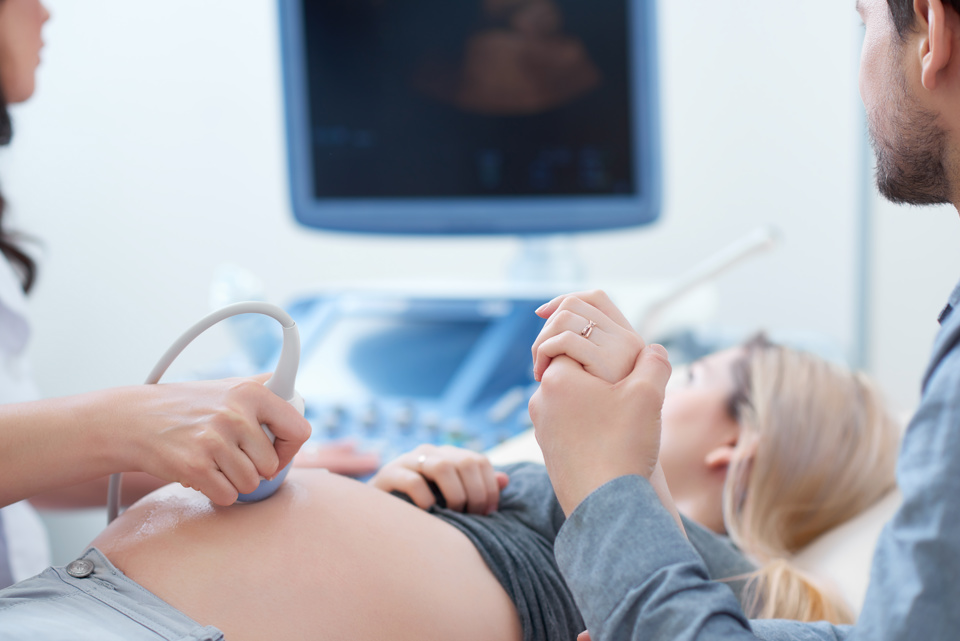
Your labour and birth
The maternity consultant (obstetrician) and midwives will discuss with you at the antenatal clinic your different options for labour and birth.
Sometimes, if there are problems with your health or concerns about the baby’s health, you might deliver the baby before 37 weeks, which is regarded as premature. Sometimes labour starts spontaneously before 37 weeks. In these cases, we generally give injections of a steroid medication that will help the baby’s lungs mature quickly. This can raise your blood sugar levels so you will need to be admitted to the hospital to be monitored closely with a possible drip to help control your sugar levels.
If your baby has not been delivered by 37 weeks, we will discuss options including induction of labour at 38 weeks. This is generally regarded to be a time when the balance of risks and benefits of continuing the pregnancy versus delivery favour delivery. We will discuss an individualised plan and also offer procedures such as vaginal examination and membrane sweep before induction of labour. In some cases, caesarean section may be indicated and we can make a plan for that.
If you wish to express and store colostrum antenatally, you can do this from 37 weeks. We will provide you with information and equipment so you can do this at home and bring it to the hospital with you, and we can also support expressing after baby is born.
You will have a diabetes care plan in your notes for monitoring of your blood glucose levels during labour and birth, which may involve use of your pump if you have one, or going onto a drip if you are on insulin injections. We will also plan your treatment for after baby is delivered.
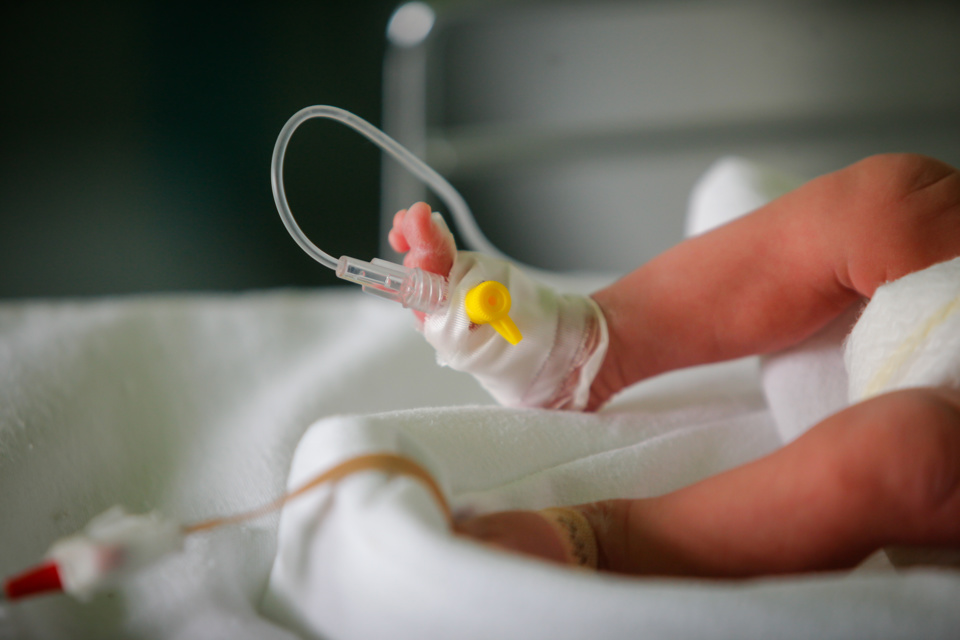
After your baby is born
Your baby will be given to you to hold and will stay with you unless he or she needs extra care. Some babies need to be cared for in the neonatal unit. Common reasons for this include being born prematurely, difficulty maintaining oxygen levels after birth or immature lungs, having jaundice or difficulty maintaining blood glucose levels.

Blood glucose levels
Your baby’s blood glucose levels
Your baby should have his or her blood glucose level tested two to four hours after birth to make sure that it is not too low and thereafter before every feed until it is stable.
You will be supported to start feeding baby as soon as possible after birth, and then every three hours to help your baby’s blood sugar stay at a safe level. Baby can receive either breastmilk or formula. If you have stored colostrum from antenatal expressing, this can be given.
If your baby’s blood glucose cannot be kept at a satisfactory level, he or she may need extra care. If your baby’s glucose level is too low on 2 tests in a row or they are not feeding well, they may need to be fed through a tube or given a drip to help increase their blood glucose.
Your blood glucose levels
You will need much less insulin to control your blood glucose as soon as baby is born. We will advise you on what insulin or other medications to take, and you should monitor your blood glucose levels carefully. The risk of hypoglycaemia is increased following birth, and especially when breastfeeding, so always have some food nearby to eat before or during breastfeeding. Your blood glucose targets will also return to the non-pregnant targets.
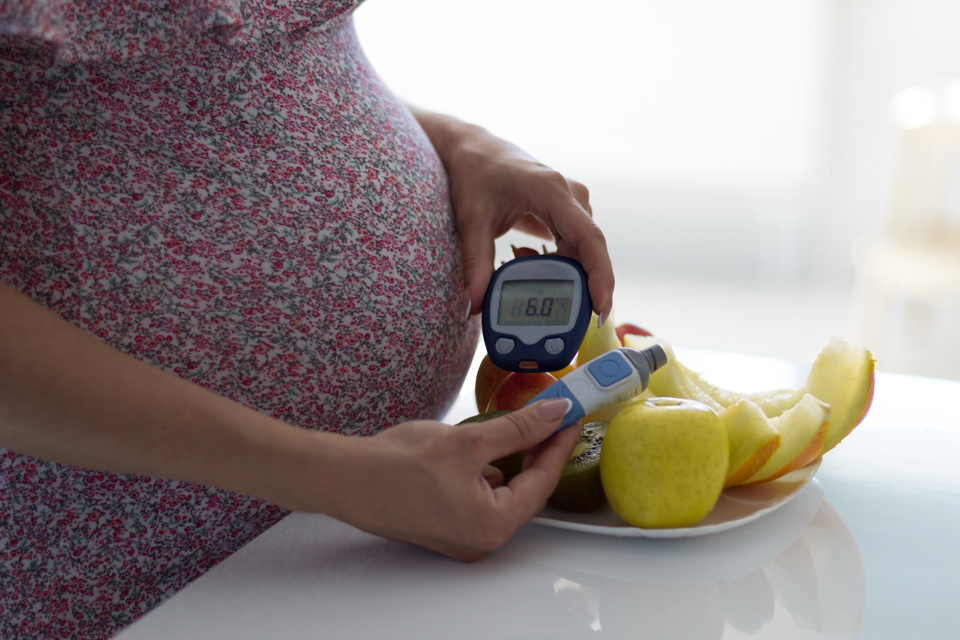
Contraception
You will have the opportunity to discuss postnatal contraception in the antenatal clinic and it is likely to be offered in Maternity before you are discharged. Most forms of contraception are suitable to use after you have a baby and while breastfeeding. It is important to allow your body to recover from pregnancy and to plan any future pregnancies carefully with input from your team, so it is a good idea to have some contraception organised before you go home.
Useful links
